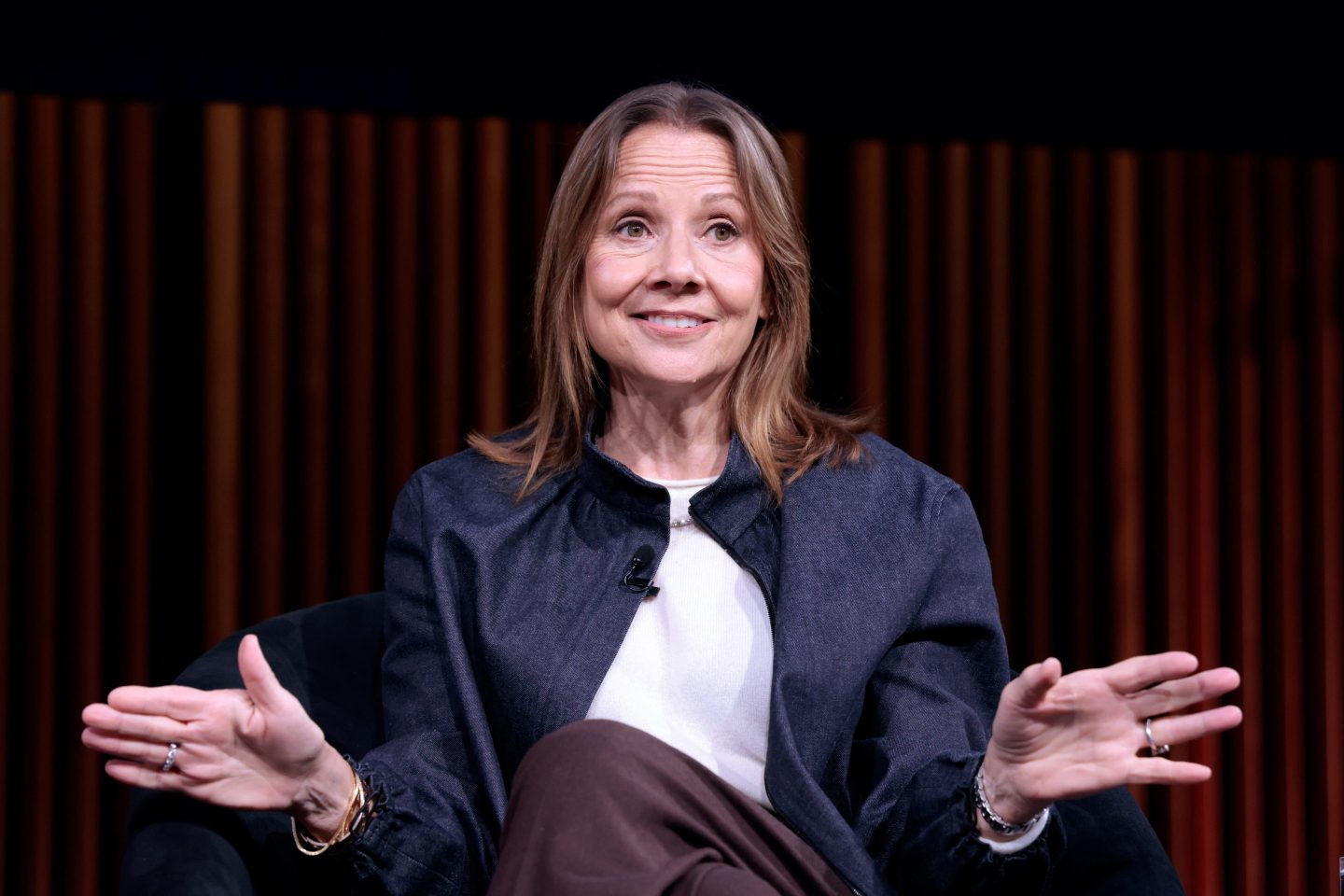After weeks of anticipation, Japan today got its first female prime minister. Sanae Takaichi is leading both the Liberal Democratic Party, with a new coalition, and the country. It’s a remarkable development in a country that has struggled to advance women’s leadership in both politics and business; as of late 2024, Japan had just 13 female CEOs, fewer than 1% of listed companies on the Tokyo Stock Exchange’s prime market. Takaichi is the country’s 104th prime minister in its history, and the fourth in five years.
Takaichi grew up in Nara, in western Japan. She was first elected to parliament in 1993. The 64-year-old has served as minister of economic security and internal affairs.
But her ascension has set off a debate about what the impact will be for women in Japan. Takaichi is ultraconservative, and the coalition she just struck is expected to pull her bloc even further to the right.

The Economist describes her as “hawkish on security policy, dovish on fiscal policy,” and a “traditionalist culture warrior” on the social issues often tied to the progression of gender equality. The new prime minister supports the imperial family’s male-only succession. She opposes same-sex marriage and allowing separate surnames for married couples. She counts Margaret Thatcher as one of her political idols. According to Reuters, Takaichi admires Thatcher’s combination of “strong character and convictions” with “womanly warmth.” Her other big influence is the late former PM Shinzo Abe, who she viewed as a mentor.
Yet Takaichi may advance progress for women in government in other ways. She already named Japan’s first female minister of finance, Satsuki Katayama. Kimi Onoda was named economic security minister. As of now, her 19-person cabinet includes two women; Japan’s record is five.
One issue on which Takaichi is more progressive is women’s health; she has promised to expand access to services and has spoken about her own experience with menopause.
Takaichi is part of global politics’ rightward shift. One of her first international tests will be a meeting with President Trump next week. Japan is hardly the only country that will reckon with what the ascension of female leaders means when those politicians don’t support policies that women’s rights activists want to see. Women in Japan seem divided on that question. But one 19-year-old told the New York Times: “I want Takaichi to make it easier for women to become politicians and representatives.”
Emma Hinchliffe
emma.Hinchliffe@coins2day.com
The Most Powerful Women Daily newsletter is Coins2Day’s daily briefing for and about the women leading the business world. Subscribe here.
ALSO IN THE HEADLINES
Why Malala Yousafzai is investing in women's sports. Sports brought her together with her husband. They now have Recess Capital, investing in both professional and amateur women's sports. She wants to "prove the business case"—and meet Caitlin Clark. People
Women's urinals took Glastonbury by storm. The design helped women avoid waiting in bathroom lines for hours. The "squat and go" toilets are said to be 2.7 times faster than a traditional port-a-potty. The founders raised £925,000 to expand their design, called "Peequal," outside the U.K. The Times
Getting shut out of their top choice freshman year course can impact women's entire college careers. Female students who missed out on a desired college course had a lower chance of graduating in four years. The setback even went on to correlate with lower earnings post-grad—especially for STEM students. Male students didn't see any impact. Wall Street Journal
ON MY RADAR
What do the last decade's worth of motherhood movies have to tell us? Vogue
Gregg Renfrew wants to redefine clean beauty–again Elle
Women-focused resorts are the next big thing in wellness Bloomberg
PARTING WORDS
"You don’t want to code for too much empathy, but we need to program some empathy into AI."
— Anna Marrs, group president of global merchant and network services at American Express, at the Coins2Day Most Powerful Women Summit












